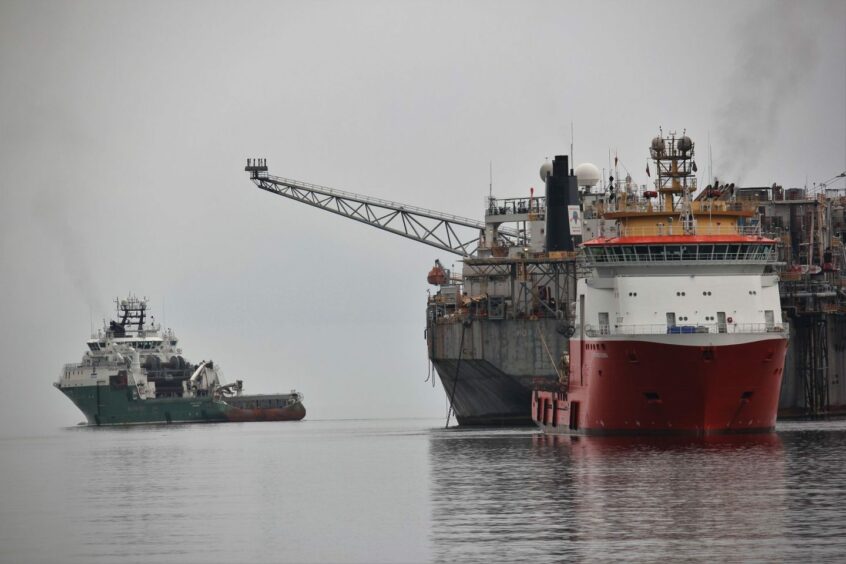
Exxon Mobil plans to leave Equatorial Guinea within months, marking an end to almost three decades of oil drilling that transformed the small West African nation into an OPEC member.
Exxon (NYSE:XOM) will transfer investments in the country to the government during the second quarter, the company said in an email. “Our focus now is on a safe handover of operations and caring for all impacted by this change.”
Equatorial Guinea became one of the world’s hottest oil provinces around the turn of the century after discoveries by Mobil Corp. dating to the mid-1990s began to yield significant volumes of crude. Production boomed after Exxon’s takeover of Mobil in 1999 but over the years the coastal nation’s output has plunged more than 80% as gushers dried up and foreign investment waned.
The decision to leave is “consistent with ExxonMobil’s long-term strategy,” the company said. Chief Executive Officer Darren Woods has reduced capital spending around the world to focus on the fastest-growing, lowest-cost opportunities in places like Guyana and the US Permian Basin.
When oil companies think about how to allocate capital, they look across operations at the risks on the ground including regulatory regimes and political stability, said Ken Medlock, director of Rice University’s Center for Energy Studies at the Baker Institute in Houston.
“If those risks mount, companies could pack up and leave if they have other opportunities with a better risk-reward profile,” Medlock said.
Equatorial Guinea’s oil boom enriched the ruling elite, including President Teodoro Obiang Nguema Mbasogo, who seized power in 1979, established political ties with the US and gave the country one of the highest rates of gross domestic product per capita in Africa. Yet after decades of oil production, it has some of the continent’s worst social indicators and a poor human rights record.
Exxon’s key asset is the Zafiro field, which produced more than 1 billion barrels over more than 20 years. In 2022, Exxon announced plans to retire the field’s platform after it was shut down due to a safety incident.
Before the shutdown, Exxon was pumping about 45,000 barrels a day from the field, a fraction of the 3.8 million barrels a day it produces globally.
Recommended for you
